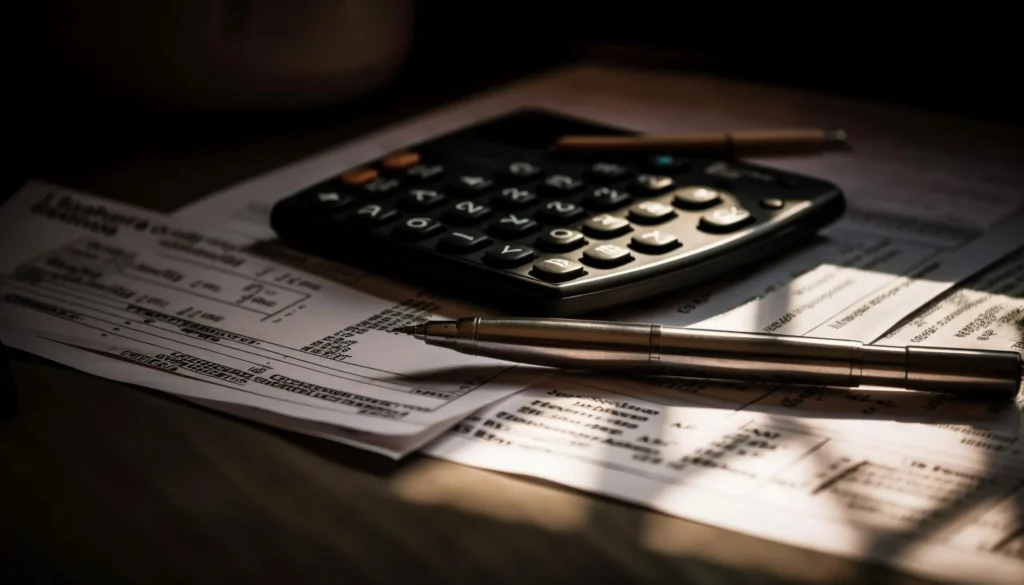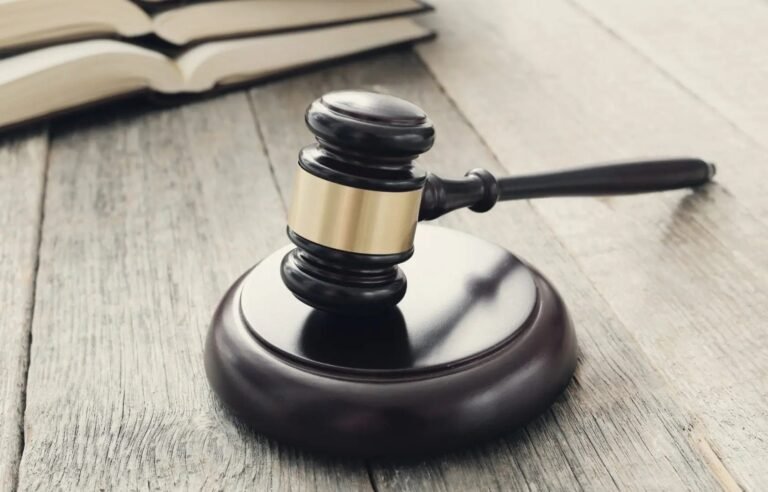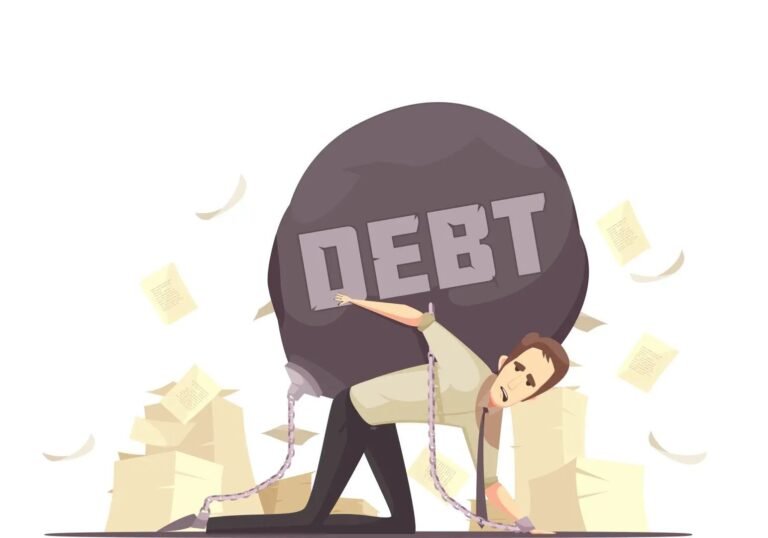HMRC has seen a significant increase in tax revenue from savings as interest rates rise and more people fall into higher tax brackets. Last year, HMRC collected a staggering £3.4 billion in tax on savings, up from £1.2 billion the previous year. This surge in tax charges is due to the freeze on the personal savings allowance and the higher interest rates.
However, savers can still avoid paying taxes on their earnings by utilising tax-free Individual Savings Accounts (ISAs).
Impact of Freeze on Personal Savings Allowance
The personal savings allowance currently stands at £1,000 for basic rate taxpayers and £500 for higher rate taxpayers. Individuals in the additional rate bracket receive no tax break, meaning they must pay 45% tax on any cash interest earned outside an ISA if their income exceeds £125,140.
Data obtained from HMRC through a freedom of information request reveals that nearly 1.8 million UK savers paid tax on interest earned from banks and building societies in the 2022-23 tax year. This marks an 82% increase compared to the previous year, where the number was 972,000.
Despite cash savings losing value in real terms and inflation outpacing the best savings rates, taxpayers owed over £3.4 billion in taxes on cash accounts last year. The average tax bill amounted to £1,942, although some individuals with substantial cash holdings paid even larger tax bills.

The situation is expected to worsen as interest rates continue to rise, and the personal savings allowance remains frozen. Experts predict that the tax bill on savings will reach £6.6 billion in the current tax year, impacting even more savers.
Tax bills for cash interest exceeding the personal savings allowance can be paid through self-assessment or deducted from income via a tax code adjustment.
Many savers may not have been aware of their tax obligations on cash savings interest, and they may be surprised by changes to their tax code that result in deductions from their payslips.
Calls to End the Freeze on Personal Savings Allowance
Experts are calling on the Chancellor to end the freeze on the personal savings allowance, which has remained unchanged since 2016. The combination of rising rates and a frozen allowance penalises individuals with responsible rainy-day savings.
Even with cash interest rates exceeding 5% in some cases, individuals with savings ranging from £10,000 to £20,000 can expect to pay taxes on their interest. This becomes even more frustrating as inflation erodes the real value of their money, while they are still burdened with taxes.









